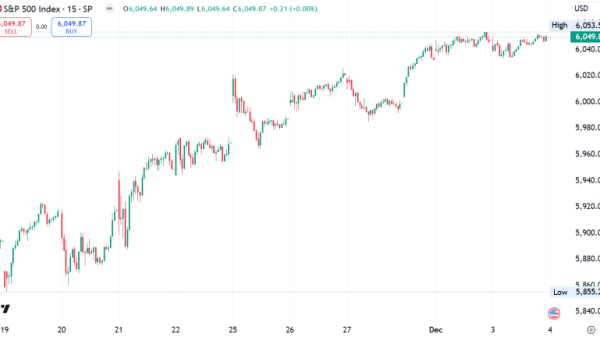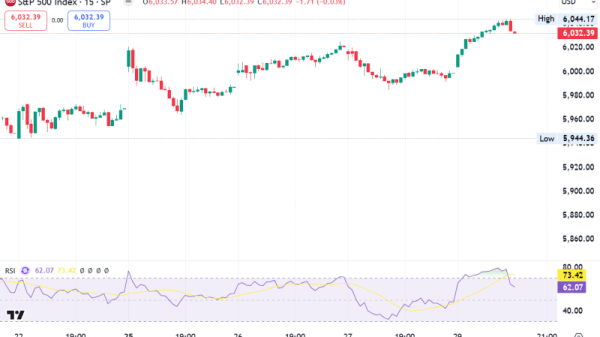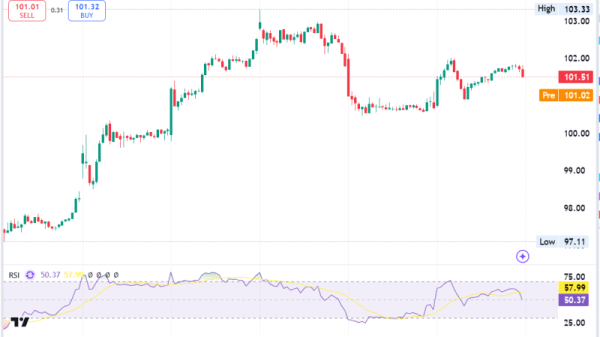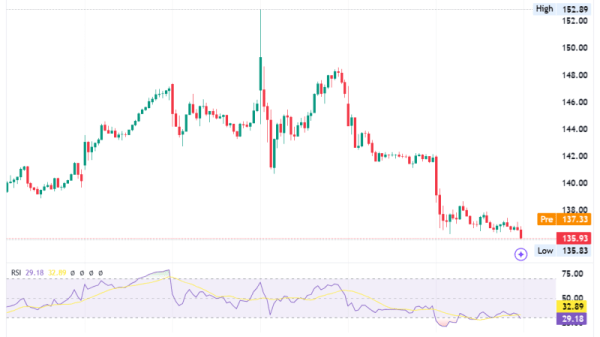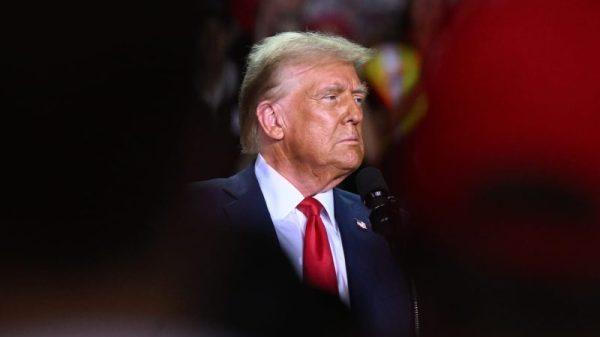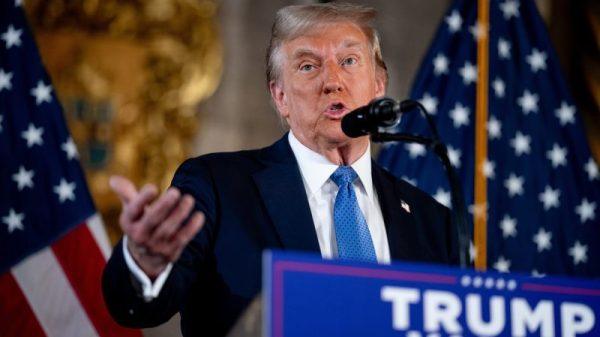SAO PAULO (Reuters) – Brazil’s Congress approved a government-proposed fiscal package on Friday that includes measures to contain spending aimed at putting the country’s finances on a more sustainable path.
The Senate passed the final of three bills contained in the package, capping minimum wage increases and tightening eligibility criteria for social benefits for the elderly and disabled, in a 42-31 vote. Lawmakers in the lower house of Congress had already voted in favor of the bills.
President Luiz Inacio Lula da Silva’s administration had been racing to pass the package before Congress goes on a holiday break next week. Doubts about whether lawmakers would approve it in time had weighed on local markets in recent days.
The fiscal package also prohibits the granting of tax benefits if public accounts face a primary deficit and imposes stricter controls on certain mechanisms that allow lawmakers to allocate public funds.
Additionally, it sets tighter eligibility rules for an annual “wage bonus” granted to low-income workers.
“We voted to make sure the fiscal framework is respected and fiscal responsibility maintained,” lower house Speaker Arthur Lira said, adding the measures were not “definitive” but would improve the economic scenario for 2025.
The government sees the fiscal package that it announced in late November as key to strengthening a fiscal framework that was passed last year.
Questions around the government’s ability to rein in growing public debt and an initial view that the fiscal package was too modest had rattled markets in recent days.
“Fiscal policy is being tightened. But it’s happening in a drip-feed manner, not as part of a clear program to put the public finances on an even keel and reassure investors,” Capital Economics’ chief emerging market economist William Jackson said.
The government originally estimated that savings stemming from the fiscal package would reach 71.9 billion reais ($11.84 billion) over the next two years.
However, some of the measures initially proposed by the Lula administration were watered down by lawmakers, adding to fiscal concerns that have hammered local markets recently.
Finance Minister Fernando Haddad played down the impact of the changes made by Congress, saying they would reduce the estimated savings by only about 1 billion reais.
“The adjustments made (by Congress) did not affect the final results. We reached an interesting result in a short period of time,” Haddad told reporters, adding that the government needs to make spending reviews a “routine”.
($1 = 6.0750 reais)

